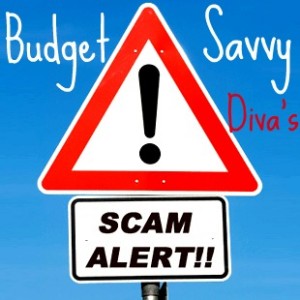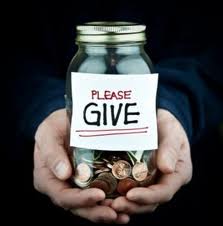Am I Being Scammed?: Charity Fraud
I love this new series on Budget Savvy Diva called – Am I Being Scammed – you work hard to save money and I want to make sure you keep it.
To read about more scams head on over HERE
———–
Charity Fraud
- If you’re approached by an unfamiliar charity, check it out. Most states require charities to register with them and file annual reports showing how they use donations. Ask your state or local consumer protection agency how to get this information. The Better Business Bureau Wise Giving Alliance also offers information about national charities. Call 703-276-0100 or go to www.give.org.
- Be cautious about emails seeking charitable contributions. Many unsolicited email messages are fraudulent.
- Beware of sound-alikes. Some crooks try to fool people by using names that are very similar to those of well-known charities.
- Ask how donations are used. One of the most important things to consider is how much of your money goes to fundraising and administrative costs, rather than to the charitable work itself.
- Be wary of requests to support police or firefighters. Some fraudulent fundraisers claim that donations will benefit police or firefighters, when in fact little or no money goes to them. Contact your local police or fire department to find out if the claims are true and what percentage of donations, if any, they will receive.
- Be especially cautious when there are natural or other disasters. Fraudulent charities take advantage of those situations to t rick people who want to help the victims. If you’re not sure whether a charity is legitimate, check it out with your state charities regulator and the BBB before you donate.
Thanks! Fraud.org


